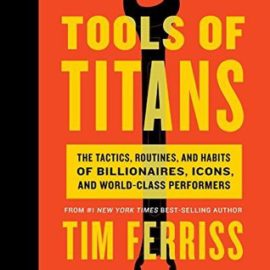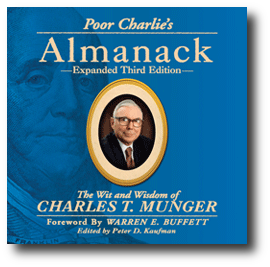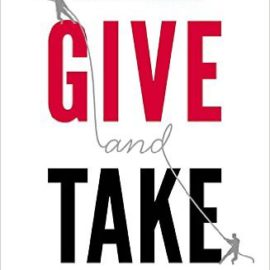Want to learn the ideas in Amusing Ourselves to Death better than ever? Read the world’s #1 book summary of Amusing Ourselves to Death by Neil Postman here.
Read a brief 1-Page Summary or watch video summaries curated by our expert team. Note: this book guide is not affiliated with or endorsed by the publisher or author, and we always encourage you to purchase and read the full book.
Video Summaries of Amusing Ourselves to Death
We’ve scoured the Internet for the very best videos on Amusing Ourselves to Death, from high-quality videos summaries to interviews or commentary by Neil Postman.
1-Page Summary of Amusing Ourselves to Death
Overall Summary
In Amusing Ourselves to Death, Neil Postman opens by saying that Aldous Huxley’s vision of the future in his book Brave New World is one we should pay close attention to. Unlike George Orwell’s novel 1984, where government overreach is responsible for the death of free speech and thought, Huxley foresaw that entertainment would be our downfall.
The author continues to build off the work of Marshall McLuhan, who argued that “the medium is the message,” and expands on his theory. The form of a medium determines its content, or what we get out of it, which is why it’s important for us to be conscious of how we use media.
In the past, discourse was more rational because it was based on print. Print is a rational form of communication; therefore, people who used it were more rational. However, with the invention of telegraphy and photography came new ways to communicate ideas. These methods are not as effective at conveying information as print since they lack context and can be decontextualized. This leads to television being dominant in society today because it’s an entertainment medium that presents all information in an entertaining way. People no longer have time for complex debate or deep thought due to this media saturation.
Postman believes that television should not be eradicated, but rather it should be used responsibly. He says that we can save ourselves by becoming aware of the potential television has to permanently stymie rational discussion. Once we realize this power, we will resist the urge to “entertain ourselves to death.”
Foreward
Postman begins his book by summarizing George Orwell’s 1949 dystopian novel 1984, as well as Aldous Huxley’s (also dystopian) 1932 novel Brave New World. Both of these authors predicted a future that was grim and oppressive, but they didn’t predict the same thing. Orwell feared that we would be oppressed by external forces such as governmental control. Huxley feared that our internal weaknesses and desires to be entertained would make us lazy, stupid, and intellectually incompetent. In short, Postman says that “Orwell feared what we hate will ruin us; Huxley feared what we love will ruin us.”
Chapter 1
In the first section of this chapter, Postman writes about various examples that demonstrate how Americans have become increasingly superficial thinkers. Politicians are praised for their looks or physique on TV and in print media. We’ve developed shorter attention spans because of our exposure to fast-paced television news shows. Advertisers prey on our desire for entertainment by making us hungry for short quips rather than substantive information and knowledge.
Postman acknowledges that this is a well-known phenomenon, but he argues that we haven’t taken it far enough. The relationship between form and content in public discourse has led to the decline of our culture. We need to keep in mind how important media are for our society’s development. For example, without technologies like photography and television, politicians’ or reporters’ appearances wouldn’t be as influential on the general population because they would reach fewer people. Therefore, conversations about appearance wouldn’t exist either if these technologies didn’t exist.
In this passage, the author is quoting Marshall McLuhan. He says that the medium of a message (such as television) is not just the physical form of it, but also its content. Postman disagrees with him and says that the media are metaphors for ideas or concepts.
New technologies can have an effect on our culture. For example, the invention of eyeglasses has led to a new way of thinking about the human body and how it can be improved through science. Microscopes have also had an influence because they allow us to see things that we cannot normally see with our eyes. In addition, Postman says that metaphors are created by media such as language or technology, so when we come up with new ways of communicating ideas, this leads to a change in society’s content—in other words, what people think about themselves and their world.





